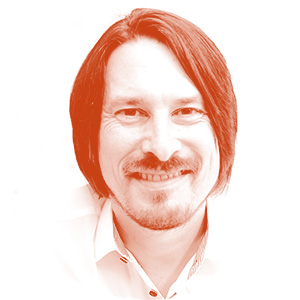Electric clocks
In the 50s, Rolls Royce claimed that their cars are super quiet.
But how quiet were they? Here’s how Rolls Royce explained it:
“At 60 miles an hour the loudest noise in this new Rolls-Royce comes from the electric clock.”
Can you explain to me your promises in plain English in a way that I can make sense of them from my everyday experience?
